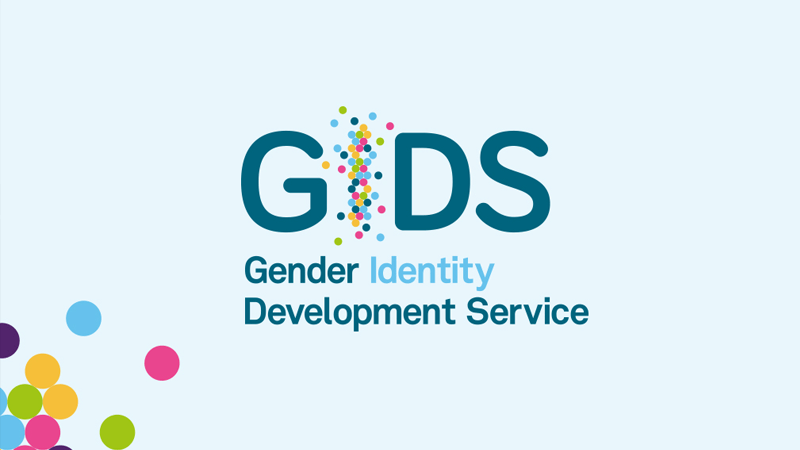NHS England’s gender identity clinic for children and young people is not fit for purpose, an independent report has found.
Commissioned in 2020, The Cass Review has now submitted its interim report to NHS England on clinical practice at the Tavistock and Portman NHS Foundation Trust’s Gender Identity Development Service (GIDS). Final recommendations will be made at a later stage.
Based on its current findings, the report concluded that GIDS’ clinical approach “has not been subjected to some of the normal quality controls” and a “fundamentally different service model is needed”.
Unknown effects
The report found a lack of “open discussion” about gender dysphoria and that the clinic adopted “predominantly an affirmative, non-exploratory approach, often driven by child and parent expectations”.
It also said there was “limited evidence” of mental health assessments being routinely documented and that there did not appear to be consistent processes in place to identify those who may be vulnerable.
Dr Hilary Cass, who is leading the Independent Review of Gender Identity Services, admitted “there is still a lot we don’t know about the long term effects” of hormone treatments. The report said it would not provide advice on their use at this stage due to gaps in evidence.
It also acknowledged concern over the “unknown impacts on development, maturation and cognition” puberty blockers have on children who do not experience the changes that accompany adolescence.
No positives
In 2020 the NHS changed its guidance on puberty-blocking drugs to state: “Little is known about the long-term side effects of hormone or puberty blockers in children with gender dysphoria.”
GIDS’ own unpublished study from 2014 actually showed that after a year of using the drugs there was “a significant increase” in the number of adolescents who said they “deliberately try to hurt or kill themselves”.
Parents also reported “a significant increase in behavioural and emotional problems” and “a significant decrease in physical wellbeing” in girls.
There was no positive impact on “the experience of gender dysphoria”.
‘Inadequate’
Last year, GIDS was graded ‘Inadequate’, the lowest possible rating granted by the Care Quality Commission. It found that the safety of its services required improvement and that staff were poorly led.
CQC’s report detailed a series of worrying revelations, including that until January 2020 staff had not consistently kept records of “the competency, capacity and consent of patients” referred for medical interventions such as puberty-blocking drugs or cross-sex hormones.
Highlighting The Cass Review’s interim report, Sir Bernard Jenkin MP told the House of Commons: “The Government’s proposed conversion therapy Bill must be reviewed in the light of this, and we must wait until the full report comes out before we present the Bill for Second Reading.”
Stop ‘blindly affirming’ gender-confused children, trans professionals advise
Curbs imposed on disgraced gender GP, but suspension lifted for now


